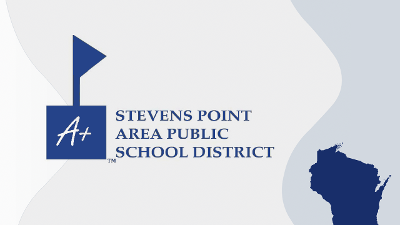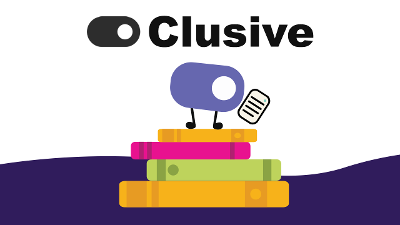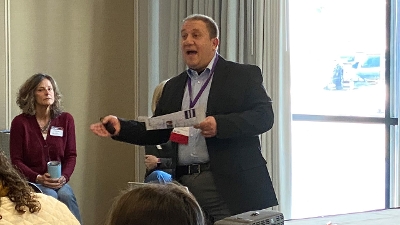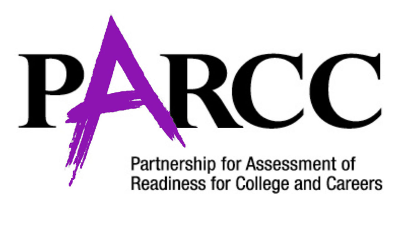Showing results 271-280 of 384 for universal design for learning
Search results
-
Article
P. Coyne, et al., 2014
This article describes the development and promise of the Read-with-Me eBooks (RWM), a free website that provides a curriculum for professional development focused on the use of digital storybooks to advance the literacy skills of ...
-

Find out how collaboration can be the key ingredient for effective and successful UDL implementation through this story from the Stevens Point school district in Wisconsin.
-

Clusive is an adaptive and accessible web-based reader designed to engage students in independent reading. Based on the inclusive principles of Universal Design for Learning (UDL), Clusive scaffolds the development of reading skills for students in grades 5 through 12.
-

The Corgi 2020 project focuses on supporting more teachers to bring this innovative suite of tools to their STEM classrooms. In collaboration with middle school teachers, we are co-designing resources—use case scenarios, sample lesson plans and activities, videos, and more—all with the goal of supporting the implementation of Corgi in the classroom.
-

With the disruptions caused by the COVID-19 pandemic, many New Hampshire teachers found UDL even more essential than ever during such uncertain times.
-

Co-organize your learning with the Corgi app! Corgi takes what’s already great about graphic organizers and infuses the principles of UDL to make them even more flexible and accessible.
-
Article
T. Hall, et al., 2014
Curriculum-based assessments (CBA) are defined as any set of measurement procedures that use direct observation and recording of a student’s performance in a local curriculum as a basis for gathering information to make instructional …
-
Article
T. Hall, et al., 2003
Curriculum-based assessments (CBA) are defined as any set of measurement procedures that use direct observation and recording of a student’s performance in a local curriculum as a basis for gathering information to make instructional …
-
Statement

CAST, 2013
CAST responds to a request by the Partnership for Assessment of Readiness for College and Careers (PARCC) for comments on its draft PARCC Accommodations Manual for the organization’s large-scale assessment. In this statement, CAST points out five areas where the assessments could be improved to make them more accessible and effective for learners, especially those with disabilities.
